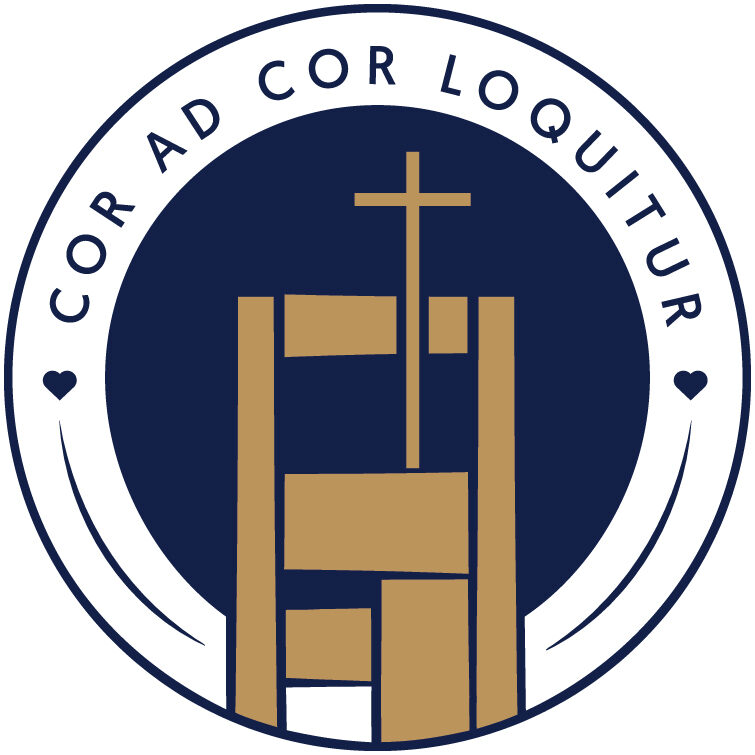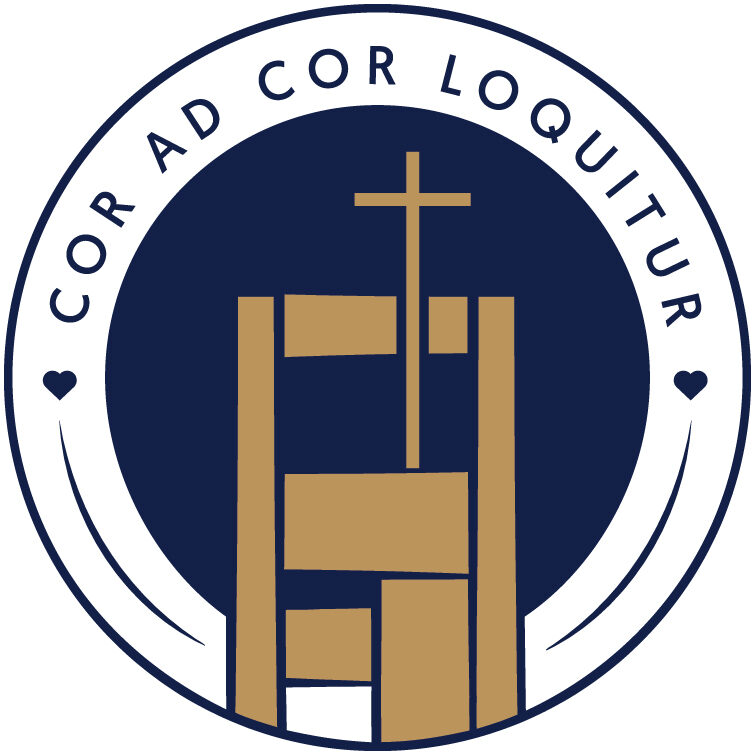 By Theresa Nguyen
By Theresa Nguyen
There was a man whose land produced a bountiful harvest. He asked himself, “What shall I do for I do not have space to store my harvest?” And he said, “This is what I shall do: I shall invite all the people of the town to come and eat of the harvest.” They came and ate and were filled.
This is my version of how the parable of the rich man should have gone. The moral of the story is simple: don’t be greedy. Whatever we accumulate on this Earth is worthless; none of us can take our possessions with us to Heaven. As Job says, the Lord gives and the Lord takes away (Job 1:21). We first should acknowledge that our treasures, our gifts, and our possessions come from God. Then, knowing that they are not ours alone, we can do something with those treasures.
If the rich man sold his harvest, it would have been better than storing it up. But the call to discipleship is going one step further. It is the rich man thanking God for his abundant harvest rather than praising himself. It is freely sharing his harvest with those who are in need of it. It is caring more for the welfare of others than his own comfort.
The parable is not a call to give away all your possessions and live a life of poverty. It is a call, however, to think about how you value the things in this life. Referring back to Job, imagine for a second what would happen if all you treasured was gone. Would you praise God, as Job did, or would you be left with nothing like the rich fool?
After the parable, the following passage in Luke 12 is Jesus talking about the importance of trusting in God:
He said to his disciples, “Therefore I tell you, do not worry about your life and what you will eat, or about your body and what you will wear. For life is more than food and the body more than clothing. Notice the ravens: they do not sow or reap; they have neither storehouse nor barn, yet God feeds them. How much more important are you than birds! Can any of you by worrying add a moment to your life-span?” (Luke 12:22-25)
The parable and our necessary dependence on God go hand-in-hand. When we are first grounded in God and dependent on Him, we can rest assured knowing that God will take care of us, and we can more easily center our lives to live “love God, neighbor, and self” instead of living self, God, and neighbor.
If the rich man had trusted that God would provide for him, he would have no need to store up the harvest for himself. Then how much more easily could he have shared his bountiful harvest with others? His failure to live “love God, neighbor, and self” is the difference between being a rich fool or a saintly man.
In St. Therese of Lisieux’s autobiography, The Story of a Soul, a conversation is shared between her and a sister about the day of judgment. St. Therese tells the sister that she has no fear because she will come before God empty-handed.
She says: “It is quite simple: lay nothing by, spend your treasures as you gain them. Were I to live to be eighty, I should always be poor, because I cannot economise. All my earnings are immediately spent on the ransom of souls.”

